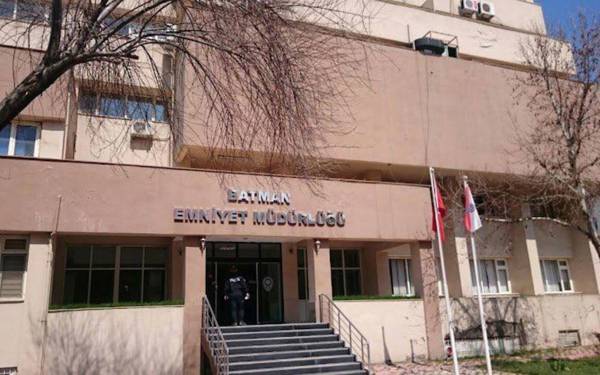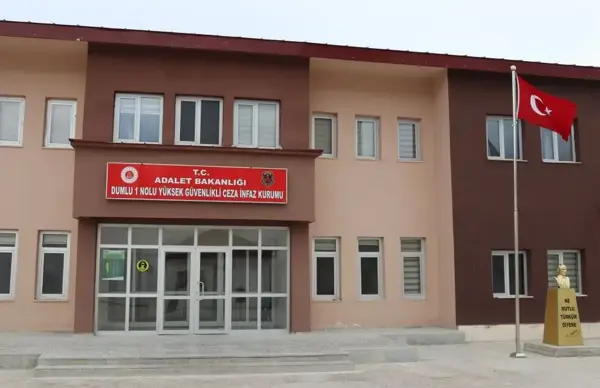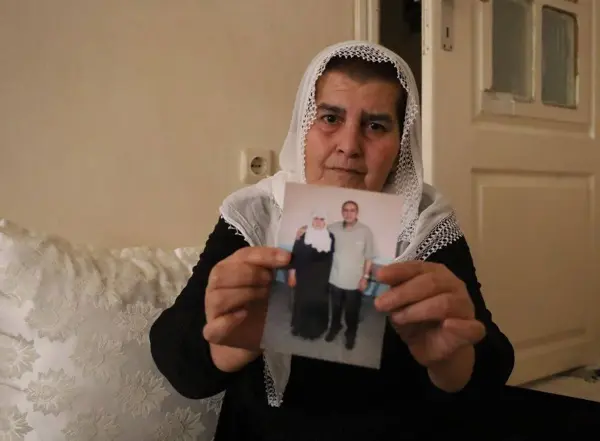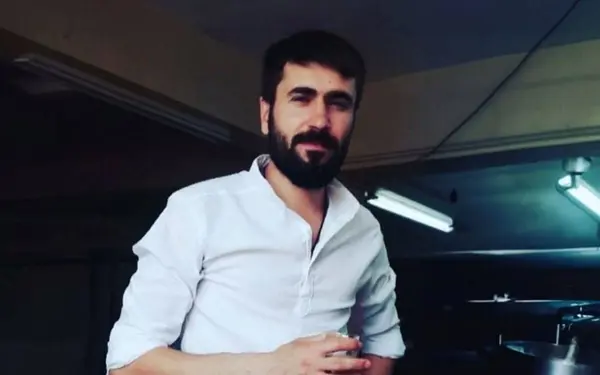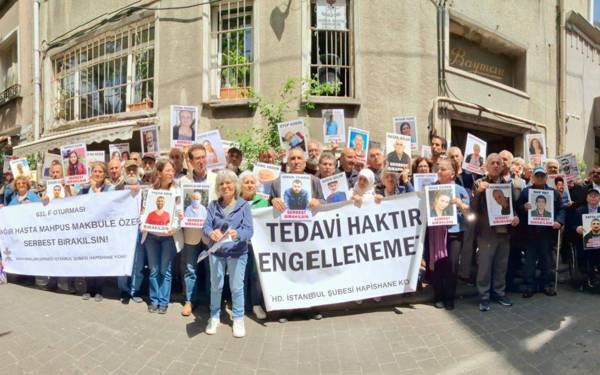Elderly prisoner denied medication in Batman prison

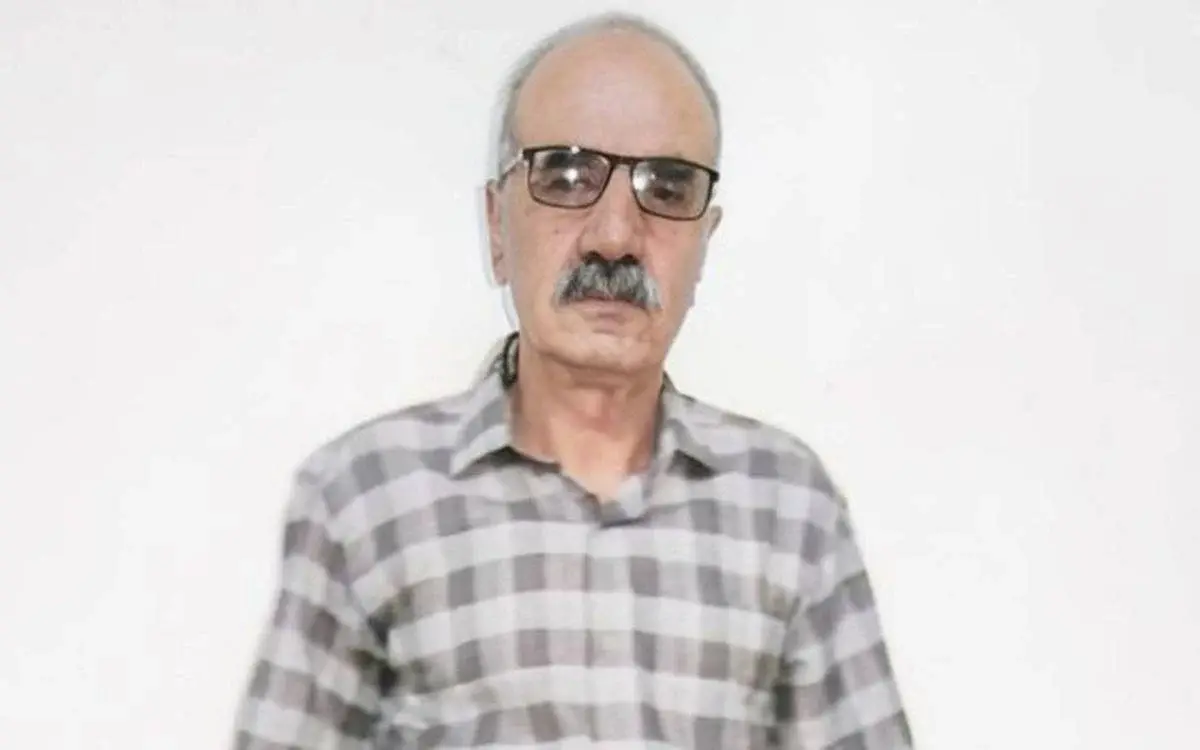
Mehmet Emin Çam, a 72-year-old prisoner at the Beşiri T-Type Closed Prison in Batman, eastern Turkey, has reportedly been denied access to his essential medications for the past two weeks. The prison authorities cited the unavailability of the drugs as the reason for this denial.
Çam’s daughter, Şimel Çam, discovered the situation during a recent visit and immediately sought help from the Human Rights Association (İHD) in Siirt. The association’s co-chair, lawyer Mehmet Nuri Ekinci, spoke to bianet about Çam’s deteriorating health and the alleged human rights violations he is experiencing.
Listed as a critically ill inmate by İHD, Çam is dealing with numerous severe health problems. "He has a brain tumor, requiring lifelong medication," Ekinci explained. Çam also suffers from a cyst in his kidney, myopia and astigmatism, hearing loss in one ear, partial paralysis on his left side, and difficulty walking. He recently had a heart attack and underwent angioplasty in May, with one of his arteries remaining blocked and another partially opened. These conditions necessitate the continuous use of heart medications.
Release request denied
Despite these health issues, Çam’s family’s request for his release on health grounds was denied. The Batman Regional Research Hospital issued a report stating that Çam could remain in prison, a decision that Ekinci criticized. "Keeping someone with such severe illnesses in prison is both legally and morally unacceptable," he stated.
Ekinci further revealed that Çam has been without his essential medications for two weeks. "The prison administration claimed that the drugs, which require a prescription, were not available and thus were not provided to him," he said. This situation was confirmed during a recent visit by his daughter, who found out that her father had not been receiving his necessary medications, including those he must take for the rest of his life.
Ekinci also highlighted systemic issues within the prison system that further exacerbate the health challenges faced by inmates like Çam. He mentioned that prisoners often endure invasive mouth searches before and after hospital visits, which discourages many from seeking necessary medical care. "These practices significantly hinder access to healthcare and constitute a violation of human rights," Ekinci said.
Call for action
Sabahat Erdoğan Sarıtaş, an MP from the Peoples' Equality and Democracy (DEM) Party, brought Çam’s case to public attention on social media. Sarıtaş described Çam's situation as tantamount to torture, stating that he has been deprived of critical medications despite his recent heart attack and the need for ongoing treatment due to a brain tumor.
The Human Rights Association (İHD) revealed that as of April 2022, there are 1,517 inmates in Turkish prisons with serious health conditions, including 651 classified as critically ill. This case underscores the ongoing concerns about the treatment of sick prisoners in Turkey, particularly in light of the difficult conditions within the prison system. (İY/AS/VK)
Marching for peace in Diyarbakır and the police
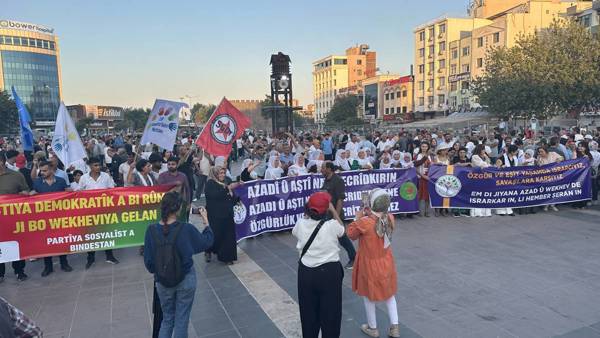
'Unlawful' hydroelectric plant project threatens ecosystem in Dersim

Doctor shortages deepen in Diyarbakır as emigration continues
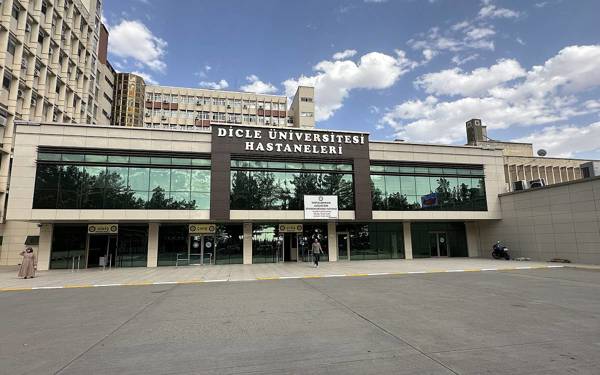
Rights group finds nearly 3,900 violations in Kurdish regions in 6 months
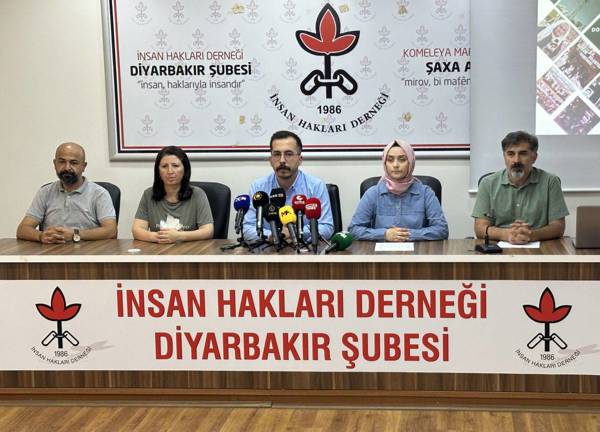
Tahir Elçi verdict protested in Diyarbakır
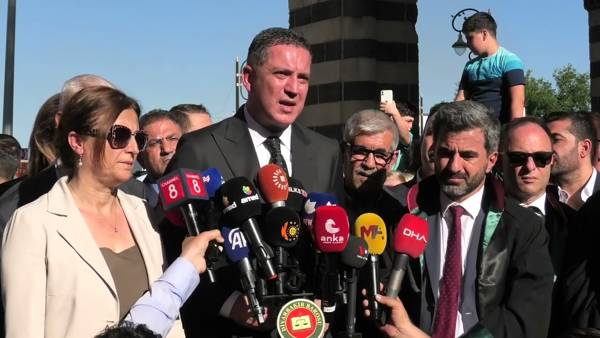




.jpg)
